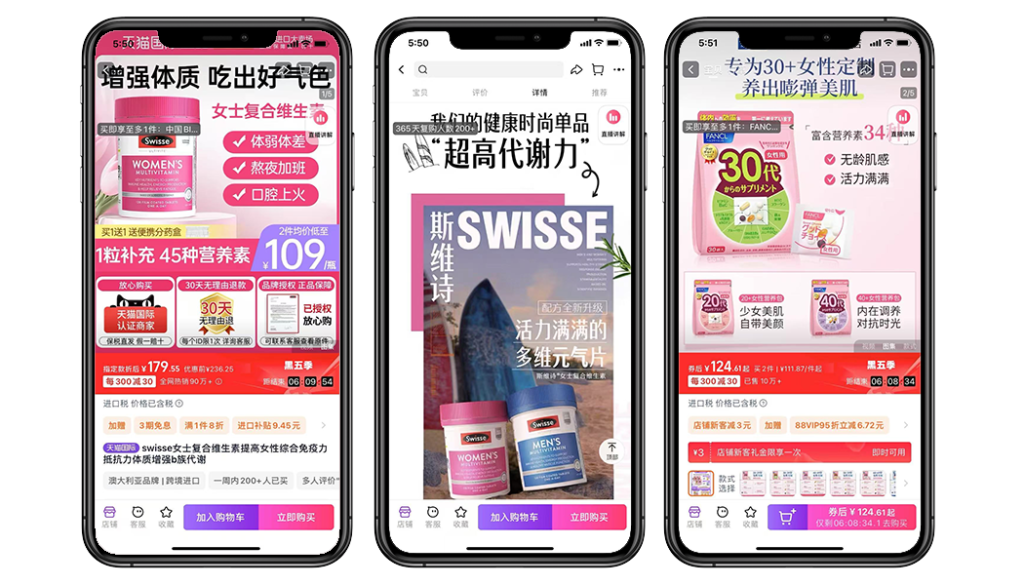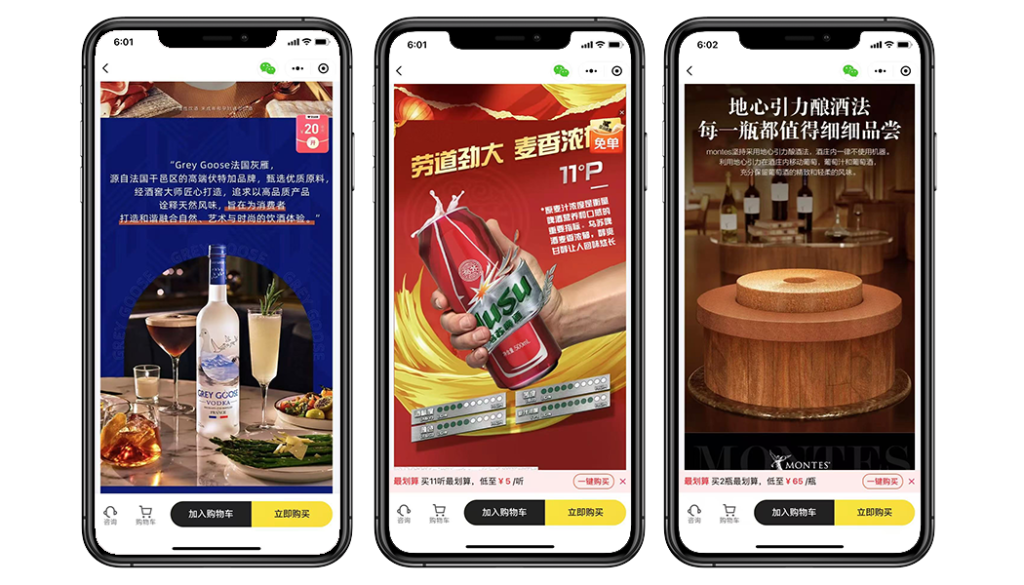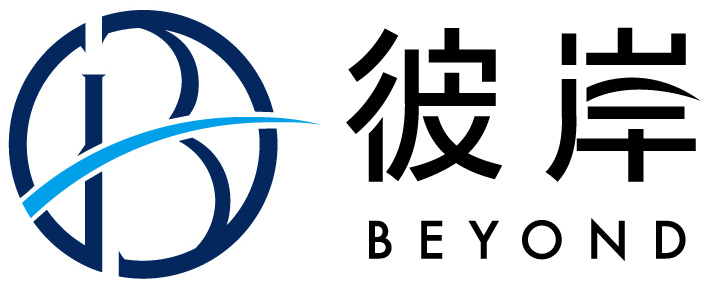With one of the world’s largest consumer bases and an expanding eCommerce platform, China provides unmatched opportunities for global brands looking to reach new customers. However, strict advertising laws and platform-specific regulations present unique challenges for foreign brands. These regulations, covering areas from restrictions on absolute claims to advertising controls in sensitive sectors like healthcare and education, shape the way international brands operate within China’s digital marketplace. This guide provides an in-depth look at the advertising laws affecting China’s eCommerce environment, social media platforms, and marketing practices, helping brands navigate this complex landscape.
Understanding the Regulatory Landscape in China’s eCommerce Market
China’s eCommerce landscape is regulated by several government bodies that enforce stringent advertising standards. The State Administration for Market Regulation (SAMR) oversees general advertising laws, while the Cyberspace Administration of China (CAC) monitors social media and online content, essential for brands looking to succeed on platforms like Douyin (the Chinese counterpart of TikTok) and WeChat. Additionally, the National Radio and Television Administration (NRTA) has regulatory oversight of broadcast and video content, impacting brands that leverage livestreaming or video ads.
These regulatory bodies collectively enforce the Chinese Advertising Law, a framework aimed at eliminating misleading or harmful content, protecting consumers, and ensuring fair market competition. This law applies to all advertising across digital, print, and broadcast media, making it crucial for brands in China to align their marketing strategies with the national standards. For companies aiming to break into the Chinese eCommerce market, understanding the scope and enforcement of these regulations is critical for developing compliant, consumer-friendly marketing campaigns.
Due to the substantial impact of digital advertising in eCommerce, these regulations are particularly strict for online and social media advertising. Platforms like WeChat, Douyin, and eCommerce sites such as Tmall and JD.com often have additional advertising guidelines to ensure content aligns with both national and platform-specific standards. This regulatory framework is especially important in managing foreign brands, protecting Chinese consumers, and maintaining a stable commercial environment.
Restrictions on Absolute Claims and Superlative Language
One of the key aspects of China’s advertising regulations is the restriction on “absolute terms” and superlative language. Common in Western advertising, terms like “best” or “most advanced” are heavily regulated in China to avoid misleading consumers. Brands that claim to be the “most effective” or offer the “highest quality” must back these assertions with substantiated data, which can be challenging for foreign brands new to China’s compliance environment.
For example, an international skincare brand claiming to be the “best anti-aging product” on a China eCommerce website would be required to provide scientific evidence or third-party validation to support this claim. Without this proof, brands risk fines, restrictions, and reputational harm. This rule against absolute claims ensures that brands do not set unrealistic expectations, fostering a fair and transparent marketplace.
Exceptions to these rules include cases where brands use such terms in non-public or internal communications, or in descriptions of company values, like “striving to be the best.” This distinction allows brands some flexibility in expressing their values while adhering to compliance standards. For global brands entering the China market, especially those using eCommerce platforms, careful language adjustment to avoid absolute terms is a critical step in building a sustainable and compliant business.
Industry-Specific Advertising Regulations: Healthcare, Education, Real Estate, and Alcohol
While advertising regulations apply across all industries, certain sectors in China face additional restrictions due to their direct impact on public welfare. These include healthcare, education, real estate, and alcohol—each highly regulated due to the influence they wield on consumer health, financial security, and societal behavior.
Healthcare and Pharmaceuticals
China’s advertising regulations restrict healthcare advertising to prevent misinformation. Prescription drugs, narcotics, and specialized health products either cannot be advertised or are heavily restricted. Health claims require scientific validation, meaning an advertisement suggesting that a health supplement can “cure” a condition would be disallowed unless clinically verified.

Education
The education sector is also tightly regulated to protect consumers from misleading claims. Ads promoting guaranteed educational outcomes or prestigious placements are restricted, as these claims are considered deceptive. The use of testimonials or endorsements by former students is similarly regulated to prevent exaggerated or unfounded promotional tactics.

Real Estate
Real estate advertising in China must adhere to strict rules requiring clear distinction between total building area and usable living space. Additionally, promotional content must be accurate in describing nearby amenities to prevent consumer deception about location benefits.

Alcohol and Tobacco
Strict advertising laws also apply to alcohol and tobacco products. Alcohol ads cannot imply stress relief, physical improvement, or social status enhancement. Tobacco advertising, meanwhile, is generally banned across public-facing platforms to limit its promotion and influence.

For brands in these sectors, navigating these stringent advertising laws is critical for compliance. Partnering with a China marketing agency that understands local regulations can help ensure adherence to the laws while effectively reaching the intended audience through compliant advertising channels.
Navigating Digital Advertising Rules and Platform-Specific Policies on Chinese Social Media
Digital advertising is at the core of China’s eCommerce success, with platforms like WeChat, Douyin, and Tmall serving as central channels for brand engagement. However, these platforms each have distinct advertising guidelines, often beyond the national regulations. This makes understanding platform-specific rules essential for any brand engaging in China’s digital marketplace.
- Transparency and Marking Requirements: Ads must clearly indicate their commercial nature. Pop-up ads must have accessible “close” buttons, and sponsored content must be marked as promotional. This transparency is a preventative measure to keep brands from disguising ads as organic content—a common issue globally but one that China regulates closely.
- Platform-Specific Restrictions: WeChat and Douyin, among other platforms, have advertising guidelines that affect which content categories are permitted. WeChat limits ads for healthcare, financial services, and alcohol. Douyin has restrictions related to youth protection, particularly affecting brands targeting a younger demographic, making it vital to consult a social media agency in China when planning campaigns.
- Content Moderation and Censorship: Chinese social media platforms must censor any content that conflicts with public policy or promotes culturally inappropriate themes, such as gambling or superstition. Restrictions also extend to the use of political symbols, government names, or content that could be viewed as socially disruptive. By complying with these guidelines, brands help maintain the integrity of China’s social media environment while building positive consumer relationships.
These digital advertising rules are pivotal for foreign brands using social commerce in China, particularly those investing in livestreaming and social media promotions. A professional China eCommerce agency can offer guidance on aligning ads with both national regulations and platform-specific rules, ensuring that campaigns are both effective and compliant.
Compliance Strategies for Global Brands in China’s eCommerce Landscape
Successfully navigating China’s complex advertising laws requires strategic planning, transparency, and collaboration with local experts. Here are essential strategies for foreign brands entering the China eCommerce and social commerce space:
- Partner with a Local China Marketing Agency: Working with a China-based marketing agency provides brands with essential knowledge on regulations, consumer trends, and platform-specific requirements. Agencies are equipped to navigate the nuances of Chinese social media platforms like Douyin and WeChat, making them valuable partners in executing compliant marketing strategies.
- Prioritize Transparency and Data-Driven Claims: Chinese advertising laws emphasize accuracy and transparency. Brands must back all claims with evidence, making it crucial to substantiate any product benefits or features. For example, rather than stating that a product is “the best,” brands should highlight specific advantages without exaggeration, helping them build trust with consumers and avoid regulatory penalties.
- Cultural Adaptation and Sensitivity: Adapting to Chinese cultural norms is essential. Understanding and respecting local traditions and values can help brands resonate with consumers. Adjusting product offerings, messaging, and campaign timing to align with cultural events can make a brand more appealing and help avoid unintentional offenses that could harm a brand’s reputation.
- Stay Updated on Policy Changes: The regulatory landscape in China is ever-evolving, particularly as digital commerce grows. Regular updates and consultations with local partners help brands stay ahead of new policies, preventing disruptions and maintaining compliance.
By implementing these strategies, foreign brands can create successful advertising campaigns that align with Chinese laws, fostering trust with consumers and building a positive brand presence in one of the world’s most dynamic eCommerce markets.
Conclusion
China’s advertising laws are fundamental to ensuring a fair, safe, and culturally respectful eCommerce environment. For brands hoping to succeed in China, adhering to these regulations is a non-negotiable first step toward establishing credibility and longevity in the market. Partnering with a local China eCommerce agency and maintaining a commitment to transparency and cultural adaptation can make a significant difference in navigating these regulations. With the right approach, brands can leverage China’s vast digital market while respecting the regulatory landscape that protects its consumers.

